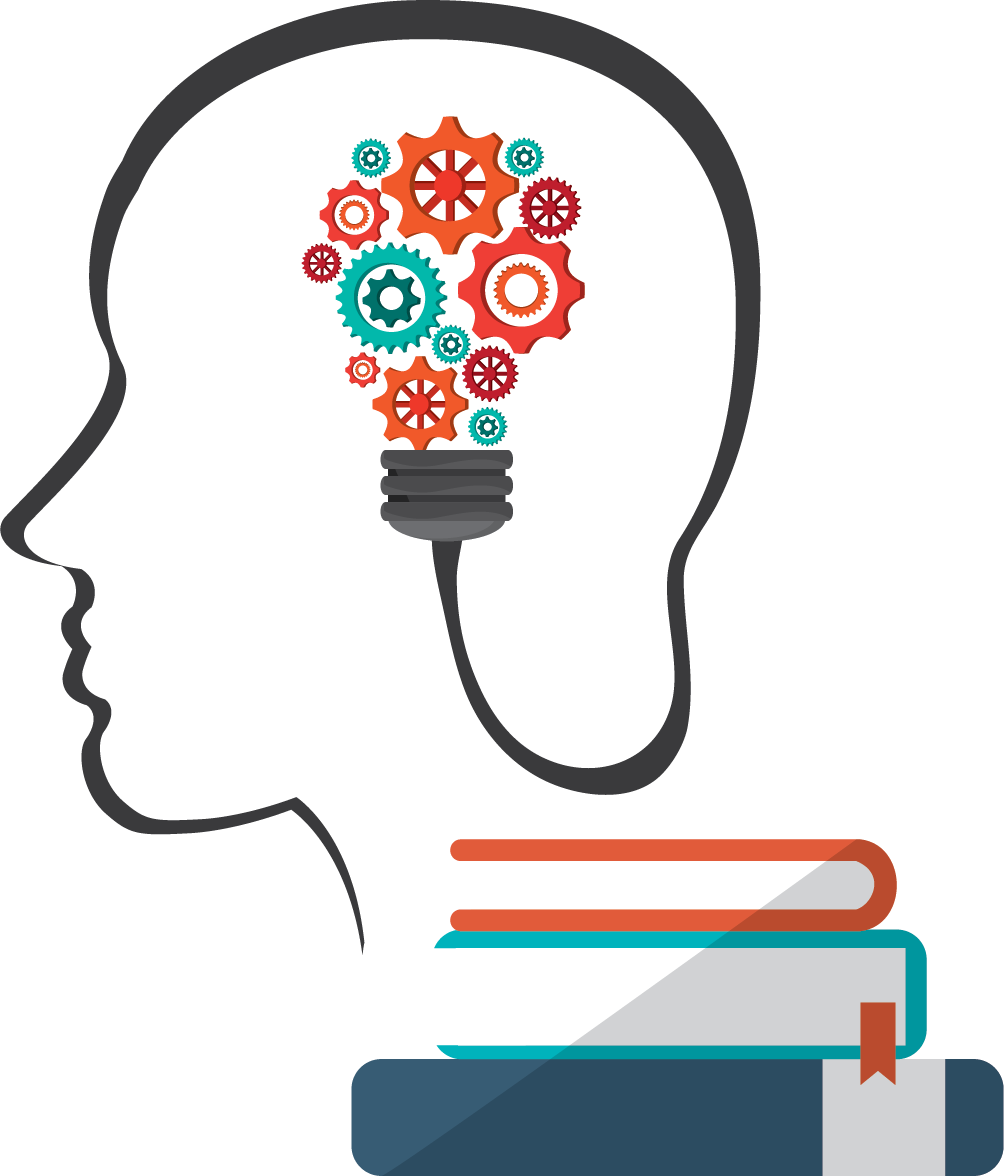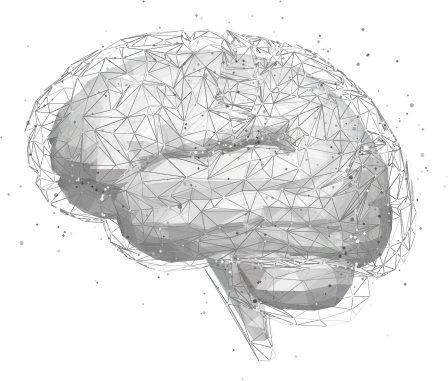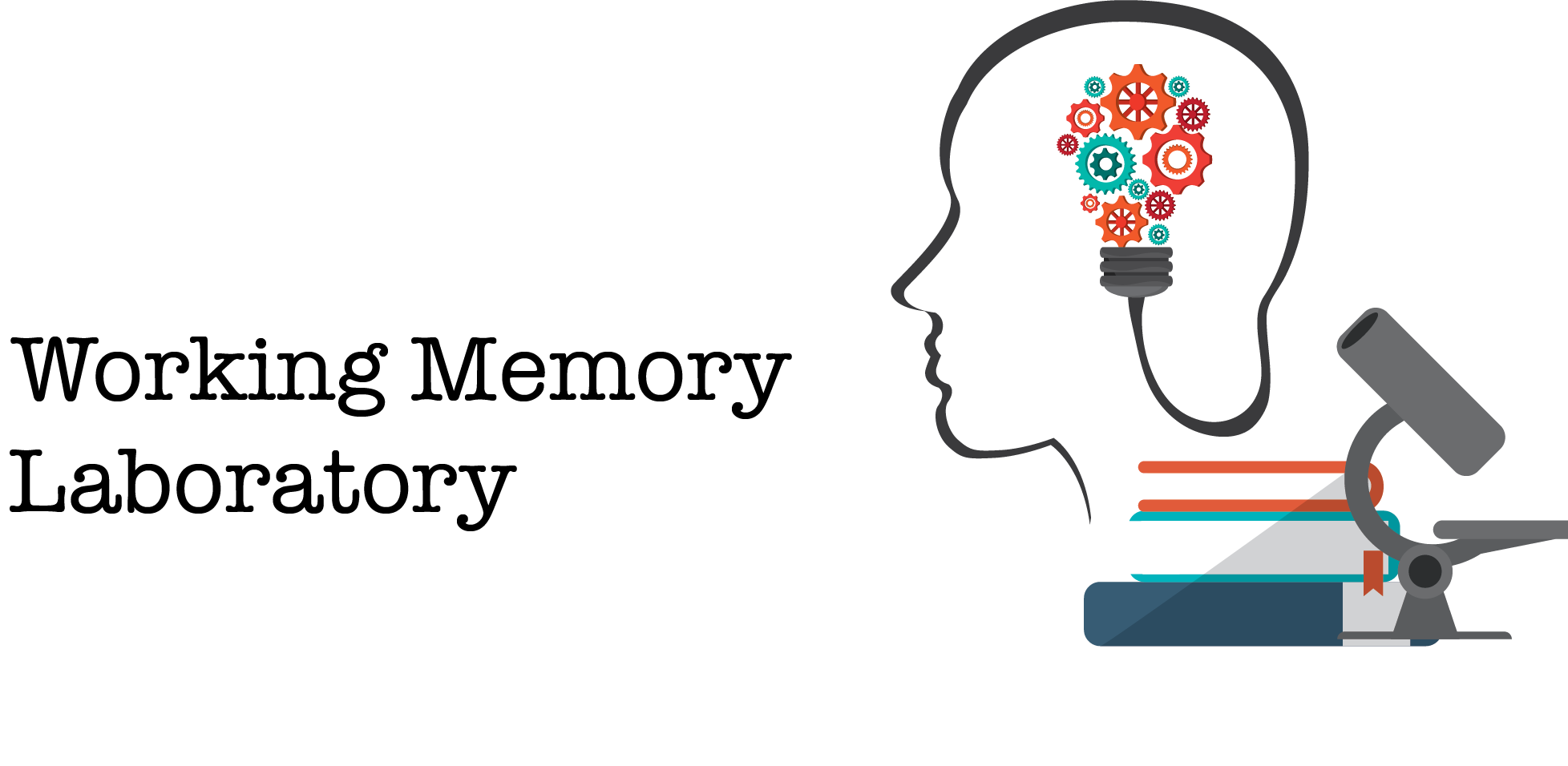Research
Working Memory Laboratory
Investigating the architecture of Working Memory and all things Cognition

computational neurocognitive and psychological research investigating the impact of gamified Working Memory Training on cognitive performance
NeuxScience™


Dr Utkarsh Gupta has been actively involved in cognitive neuroscience research with focus on memory, mental workload, emotions, and bodily self-consciousness. Throughout his academic and professional years, he has conducted research that explores these cognitive faculties and investigates its neural correlates using neuroimaging and neuromodulation techniques. For his masters in cognitive and clinical neuroscience, he conducted an electroencephalography (EEG) experiment. The experiment assessed the effect of negative emotions on working memory task performance using a modified number-letter task. Simultaneous EEG data was collected to measure event related potential (ERP) C250 which has been identified as a biomarker of WM performance. For this EEG experiment, he was awarded his master’s with distinction. During his PhD, Dr Gupta conducted a series of experiments which assessed the impact of alteration in one’s implicit body representation on episodic and semantic autobiographical memory. For the experiments, he created novel body illusion experiments including modified enfacement illusion and full-body illusion paradigms. He used both immersive (virtual reality) and non-immersive techniques to implement these illusions. During his PhD, he also conducted a neuromodulation experiment using transcranial direct current stimulation. In the experiment, left ventral premotor cortex was stimulated via anodal stimulation and compared with sham stimulation for its impact on one’s body representation and its interaction with autobiographical memory. For his current postdoc position at the University of North Dakota, he has worked on experiments assessing mental workload and attention in different tasks including multitasking scenarios resembling real-world challenges. The research also includes identification of physiological indices through measures such as EEG, electrodermal activity, heart rate variability and eye tracking. Dr Gupta is also a registered physician in India and works towards the clinical translation of his research. He also strives to make real world impact bridging the gap between academia and industry. He is the founder of Neurogether Ventures LLC in the US which is a venture studio supporting neuro-technology startups to create services and products for cognitive neurorehabilitation.

Dorota is a research scientist in cognitive neuroscience and psychology who specialises in investigating the transformative potential of gamified Working Memory training and its impact on cognitive enhancement across diverse populations. During her doctoral studies, she developed her own trademarked SaaS platform for neurocognitive testing. Her research focuses on cognitive rehabilitation for individuals affected by traumatic brain injury, stroke, neurodegenerative disorders like multiple sclerosis and dementia, neurodevelopmental conditions including ADHD and schizophrenia, and psychological trauma. Through advanced computational modelling, she examines the intricate relationships between cognition, emotion, and behaviour, whilst considering crucial biopsychosocial factors that influence daily cognitive functioning.
Working Memory in Classroom
Working memory plays a vital role in classroom learning by enabling students to hold and manipulate information while completing complex tasks like reading comprehension, mathematical problem-solving, and following multi-step instructions. Its capacity directly impacts academic performance, as students with stronger working memory tend to perform better in school, while those with poor working memory often struggle to meet the cognitive demands of structured learning activities and may experience slower learning progress in core subjects like reading, math, and science.
Working Memory and Cognitive Impairment
Working memory deficits serve as a critical early indicator of cognitive decline, often manifesting during the progression from normal aging through mild cognitive impairment (MCI) to Alzheimer’s disease (AD). Poor working memory not only affects daily cognitive activities and learning capabilities but also frequently presents as attention problems, with individuals experiencing mental overload and disengagement, making it a crucial area for early intervention and cognitive monitoring.
Working Memory Training and Cognitive Rehabilitation
Working memory training has emerged as a promising intervention strategy for cognitive rehabilitation, showing significant improvements in attention, memory performance, and daily functioning, particularly in individuals with neurological disorders and cognitive impairments. The effectiveness of these interventions is most evident when using specific, targeted rehabilitation methods rather than global training programs, with studies demonstrating both immediate cognitive benefits and potential positive effects on mood and quality of life, though the long-term maintenance of these improvements requires further investigation.

NEUXSCIENCE® ARCHITECTURE OVERVIEW
Core Architecture
Our NeuxScience® platform combining:
- Frontend: React/TypeScript with Pixie 2D engine for declarative experiment construction
- Backend: Azure Cloud with Kubernetes orchestration
- Storage: Neo4j graph database
Key Features
Data Capture & Analysis
- Knowledge graph stores all experiment entities and interactions
- Comprehensive tracking of actions, durations, and movements
- Flexible data analysis through graph relationships

